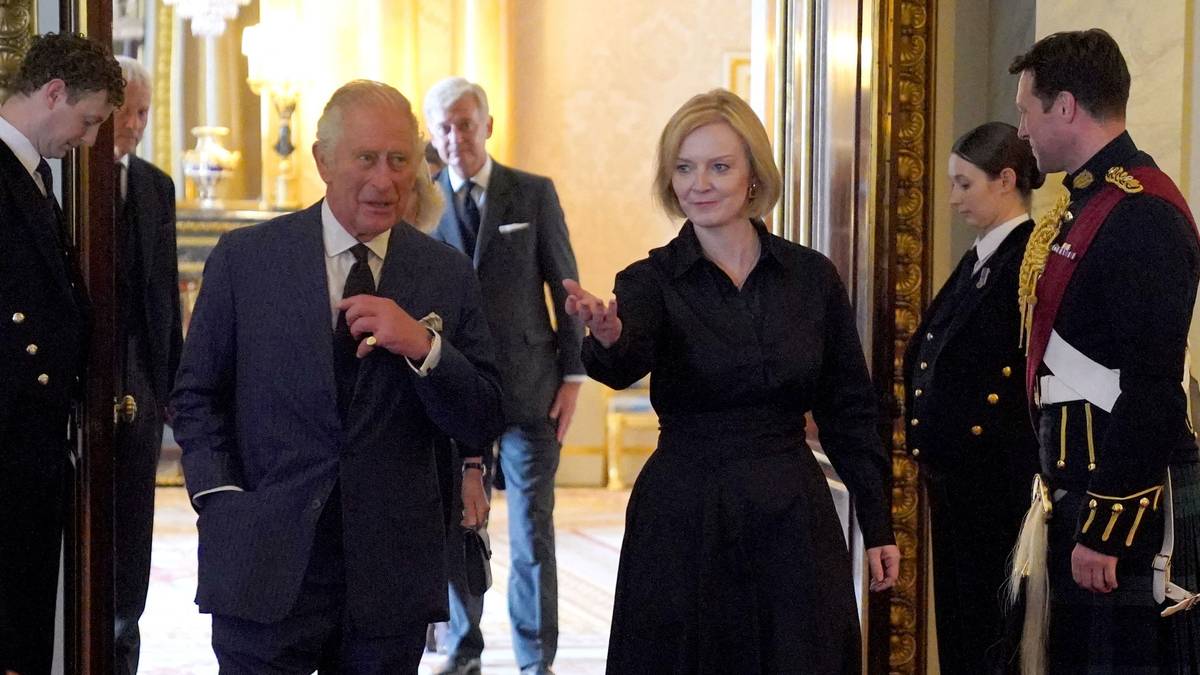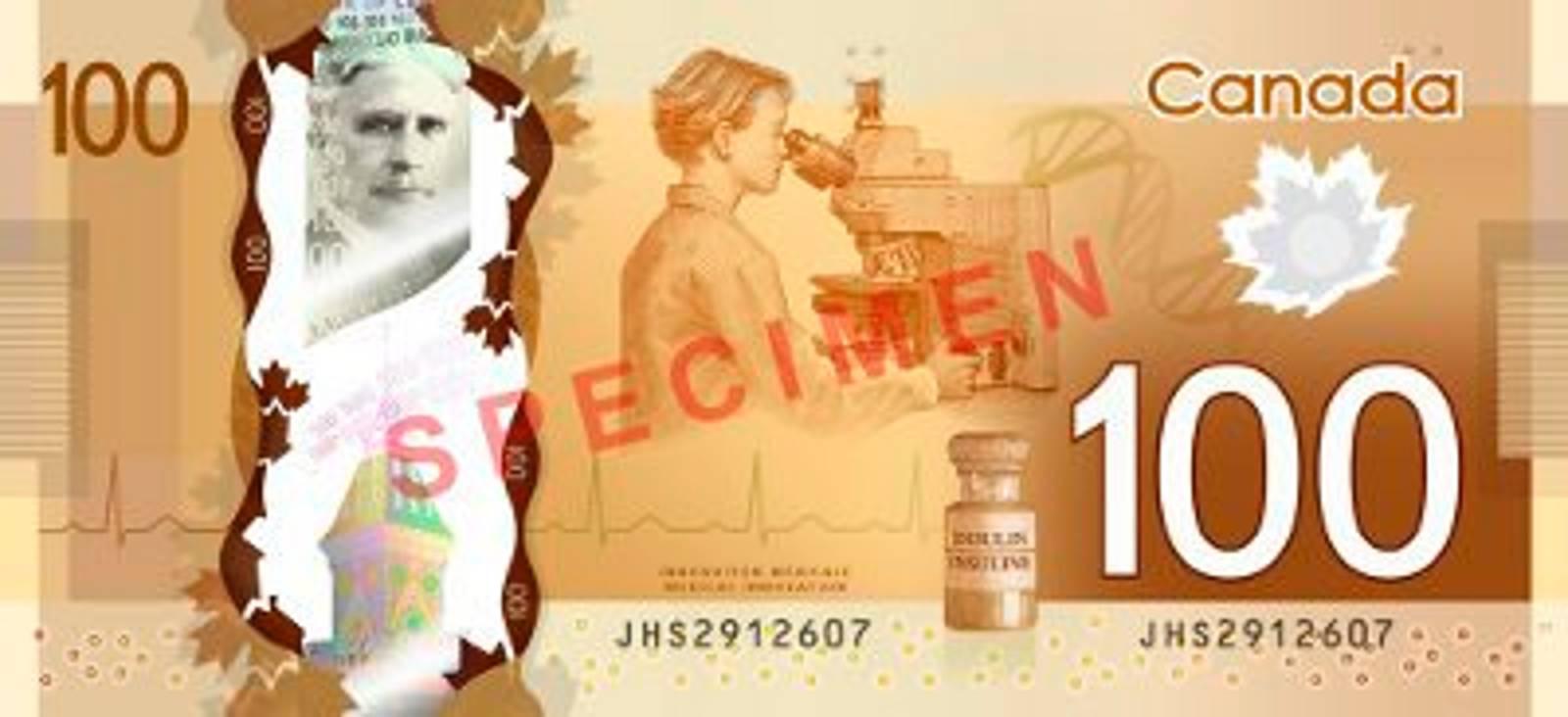Britain lives on traditions and rituals. This is how they take what was with them into what will be. A change of Prime Minister must follow a certain rhythm, the choreography after the death of a regent is even tighter and more important.
But while the ceremonies are important, both to be able to stand together in mourning and to come together around a new leader, they cannot hide the fact that Britain faces major challenges that will put the community tested in times to come.
Queen Elizabeth II has bound the country to the world in a way that King Charles III can hardly handle.
But the problems are already starting at home.
An internal crisis
The more a country is united, the easier it is to exert influence in the world. Britain is struggling on many fronts.
The country is facing a major economic crisis. Inflation is rising, energy prices are rising, and many in the country are struggling to make ends meet. A cold winter could create social and political unrest.
Although Premier Liz Truss sits securely as long as she has the Conservative Party behind her, she is only elected by party members. She does not have the same legitimacy as her predecessor Boris Johnson. After all, he could rely on his superior electoral victory until the scandals caught up with him.
At the same time, Britain cracks at the joints.
In Scotland, a new referendum on independence is again advocated. The Brexit agreement raises the question of the treatment of the border between the Republic of Ireland and British Northern Ireland.
Without Queen Elizabeth as head of state, these conflicts could become even more acute. King Charles will have to do a job to keep the Union together.
The relationship with Europe
Throughout history, Britain has also struggled to find its place in Europe. Brexit should provide a clear and simple answer: EU denunciation and national control.
The problem is that Europe is so intertwined that any clean break is impossible to achieve without significant costs.
As the weaker party, this hits the UK harder than the EU.
A first test of the continuation of the relationship will come around the management of the Brexit agreement and the question of Northern Ireland.
At the same time, tensions are boiling with closely allied countries. Security cooperation with France, for example, is always important, but during the election campaign Truss was unable to say whether the neighboring country was friend or foe. It might have been a cheap point for members of the Nationalist Party, but this sort of thing inevitably leaves its mark.
Here too, Queen Elizabeth played a conciliatory role.
His relationship with France was strong. She understood the story, yes, she was the story. President Emmanuel Macron’s warm words of praise about her show how she bridged the strained political relationship and helped bond the two allies. His love for France was mutual
In 1994, Queen Elizabeth and then French President Francois Mitterrand opened the Channel Tunnel between England and France.
Photo: GERARD FOUET / AFP
Through his office will King Charles also be able to do something of the same, but without the history that the Queen brought with her.
It will be difficult to compete with a queen who had met no less than 10 French presidents – and greeted on the national treasure Edith Piaf at 22 years old.
The relationship with the rest of the world
The war in Ukraine naturally affects Europe, but also world politics. Here, Liz Truss, Foreign Secretary under Boris Johnson, advocated a tough line on Russia. It was appreciated in Kyiv, and this policy, it will apparently continue.
It also opens the door to closer cooperation with the United States, which is still a goal of British foreign policy.
However, the country’s ability to play a role in the rest of the world is uncertain. Brexit supporters liked to talk about how leaving the EU would open up a bigger role in the world and talked about a “Global Britain”.
Exactly how this vision will be put into practice is unclear. But the Queen was an asset that ensured British influence almost everywhere in the world.
It was, for example, she whom Donald Trump seemed most eager to meet when he became President of the United States, and not the Prime Minister at the time.

Former United States President Donald Trump toasts here with Queen Elizabeth during a dinner at Buckingham Palace in 2019.
Photo: Reuters/NTB
Relations with Commonwealth countries
From a longer historical perspective, Queen Elizabeth was head of state at a time when Britain was gradually losing its influence in the world. Among other things, the British Army fought a brutal colonial war in Kenya and suffered defeat in the Suez War as the British Empire gradually disintegrated.
Not everywhere in the world is she remembered with such overwhelming sympathy as in the West.
It still managed to be something of a rallying point for its own people, and helped ensure that British power didn’t completely disappear in the countries they left.
The Queen, and now the King, is still head of state of 15 countries and leads the Commonwealth of Nations – 56 countries that share a common language and to some extent a common culture of the British Empire.
In time to come, we will have a better idea of Queen Elizabeth’s personal importance in keeping these countries within a British sphere of influence. It will not be surprising if a stronger debate on the monarchy emerges, for example in Australia or Canada.
In grief over the Queen’s passing, Prime Minister Truss and King Charles must each shape the future of their people in their own way.
It is no exaggeration to say that they both face a difficult task.

“Passionate pop cultureaholic. Proud bacon trailblazer. Avid analyst. Certified reader.”







